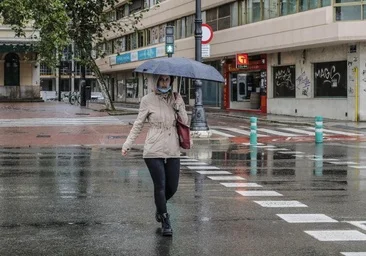Starting this Sunday, the winter schedule has been restored and three in the morning has become two, marking the beginning of this phase that will last until the next March 29, 2025. Despite repeated requests from the autonomous community, the central government has made it clear that it is not possible for a region to unilaterally change the time, as it is regulated at the European level by a directive from the European Union that affects all its member states.
Current planning indicates that the time change in October and March will continue at least until the year 2026, as published in the Official State Bulletin (BOE). Despite attempts by the regional Parliament, the proposal has been rejected. In October 2016, all political parties with representation in the Valencian Courts rejected the idea of turning back the clocks and maintained summer time all year through a unanimous institutional declaration.
The autonomous Parliament has presented reports from the special commission on time usage that highlight the negative health effects resulting from the time change, mainly in individuals sensitive to sleep disturbances. Among the negative effects are insomnia, fatigue, irritability, decreased concentration, and work performance.
Additionally, the economic consequences have been emphasized, as the supposed energy savings have not been proven. The Valencian Community and the Balearic Islands have been the most active Spanish regions against time changes, showing a firm stance against the two annual adjustments that disrupt our clocks.
This Saturday, October 26, the clocks were turned back one hour to adapt to winter time, marking the transition to this new phase.













